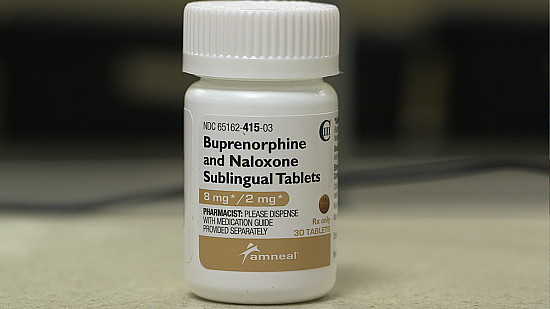Do hangovers damage the brain?
Ask the doctor
With the holidays coming, I may be tempted to drink more than usual — maybe enough to have a hangover the next morning. I'm wondering if a hangover could actually damage my brain.First, here's how they defined a hangover: mental and physical symptoms, experienced the day after a single episode of heavy drinking, starting when blood alcohol concentration approaches zero. So, by definition, during a hangover you no longer are inebriated. After reviewing 11 studies, the scientists concluded that during a hangover the ability to focus is impaired. So are short-term and long-term memory — particularly long-term memory of things that occur during a hangover. Also impaired is something called psychomotor speed — the speed with which the brain tells the body to move. This affects activities like driving a car. Indeed, studies of simulated driving in people who are suffering a hangover (and therefore are no longer inebriated) have found that driving is impaired.
To continue reading this article, you must log in.
Subscribe to Harvard Health Online for immediate access to health news and information from Harvard Medical School.
- Research health conditions
- Check your symptoms
- Prepare for a doctor's visit or test
- Find the best treatments and procedures for you
- Explore options for better nutrition and exercise
I'd like to receive access to Harvard Health Online for only $4.99 a month.
Sign Me UpAlready a member? Login ».
Disclaimer:
As a service to our readers, Harvard Health Publishing provides access to our library of archived content. Please note the date of last review or update on all articles.
No content on this site, regardless of date, should ever be used as a substitute for direct medical advice from your doctor or other qualified clinician.















